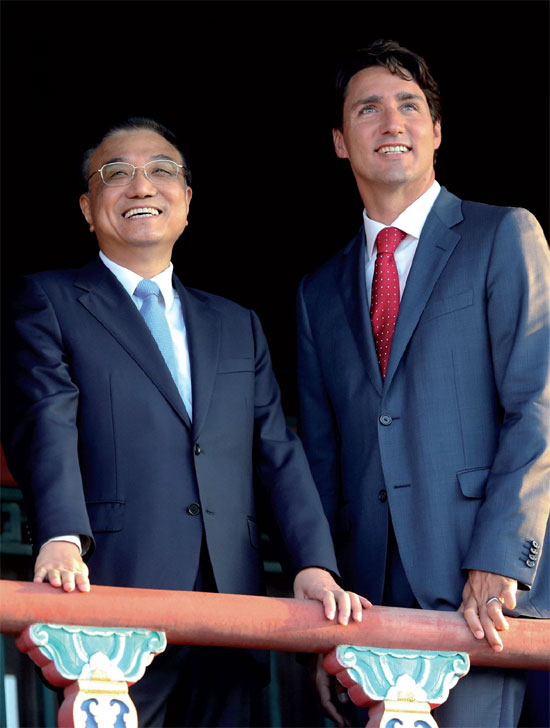Li welcomes Trudeau to China
Updated: 2016-08-31 11:12
By Hu Yongqi in Beijing and Chen Weihua in Washington(China Daily USA)
|
||||||||
Premier gives Canadian prime minister tour of Forbidden City prior to talks
Forty-three years after joining his prime minister father on a visit to the Forbidden City, Justin Trudeau, now the Canadian prime minister himself, was welcomed by Premier Li Keqiang on Tuesday at the UNESCO World Heritage site as he started an eight-day visit to China.
The wooden chairs and tea tables in traditional Chinese style might have reminded Trudeau of his previous private visits to the Forbidden City. On Tuesday, he wore a red tie, a color often interpreted as a token of luck in China, to dine with Li in a rare arrangement at Jianfu Palace inside the Forbidden City.
|
Premier Li Keqiang joins his Canadian counterpart Justin Trudeau on Tuesday during a visit to the Forbidden City in Beijing. Feng Yongbin / China Daily |
Trudeau will also visit Shanghai and Hong Kong and attend next week's G20 Leaders Summit in Hangzhou, East China's Zhejiang province.
This is Trudeau's first visit to China since taking office in November. In 1973, his father, Pierre Trudeau, was the first Canadian prime minister to visit Beijing, three years after diplomatic ties were established.
Since the establishment of ties, the two countries have greatly deepened political, economic, trade and people-to-people links, Li said.
China is now Canada's second-largest trade partner, second-biggest source of imports and second-largest export market, and both countries have bright prospects for bilateral relations and cooperation, the premier said.
Both countries advocate diverse cultures, Li added, and China is willing to work with the Canadian government to take bilateral relations to a new stage of development and achieve mutual benefits.
Trudeau said his administration will continue its traditional friendship with China and look to enhance their positive, stable and strong relationship.
In the first 11 months last year, bilateral trade between China and Canada reached $50.5 billion, a year-on-year increase of 1.6 percent, according to the Foreign Ministry.
Trudeau's private visits to Beijing, including as a toddler with his father 43 years ago, might have influenced his friendly policies toward China, said Ruan Zongze, executive vice-president of the China Institute of International Studies. "His visit is expected to restart relations with China, as the new government wants to expand economic ties and trade with us."
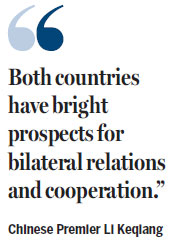
Canadian Ambassador to China Guy Saint-Jacques said, "Our prime minister wants to be very supportive of China and wants to make a success of the summit."
Saint-Jacques said Canada's new government is putting a lot of effort into expanding its relations with China in all fields, including trade and the economy, because Trudeau wants to have "a robust and comprehensive relation with China".
He also said the Canadian government is considering ways to increase trade.
Regarding a free trade agreement between the two countries, the ambassador said there is a lot of work being done to speed up negotiations.
Christopher Sands, senior associate of the Center for Strategic and International Studies, said the trip is an important one for both governments, each eager for an improvement in bilateral relations.
The United States, the largest economic and strategic partner for both, has an important stake in the outcome too.
"On paper, China and Canada appear to be natural partners. Canada is a resource-rich, export dependent developed economy with a substantial Chinese population. China is resource poor, but with an enticing domestic market and a need for partners in the developed world," said Sands, also a senior research professor and director of the Center for Canadian Studies at the Johns Hopkins University School of Advanced International Studies.
This symmetry of interests led Trudeau's father, who was Canada's prime minister for all but 10 months from 1968 to 1984, to open diplomatic relations with China in 1970, two years before the Nixon administration in the US did so, according to Sands.
Sands believes that after his predecessor Stephen Harper had a testy relationship with Beijing, Trudeau hopes the visit will reset the relationship and lead to mutual investment, tourism, and trade.
"Closer China-Canada relations are beneficial to US interests, promoting China's engagement in the international system with a close ally of the United States. As China hosts Trudeau, the welcome for the young Canadian leader will send signals to markets and world capitals that will provide an indication of Xi's foreign policy direction and the potential for the next US president to engage with Beijing," Sands wrote.
Mo Jingxi in Beijing contributed to this story.
- Brazil leader's impeachment trial enters final stretch
- 94th anniv. of Victory Day marked in Turkey
- Merkel opens Germany's 17th Confucius Institute
- France's outgoing minister vows to 'transform' France
- One dead, three wounded in blast at Chinese embassy in Kyrgyzstan
- Tainted food sickens 37 Buddhist monks, 2 helpers in Cambodia
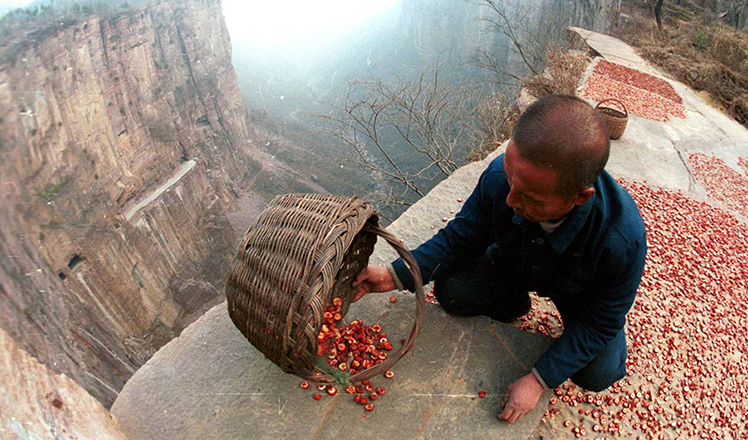
 'World's most dangerous village' draws visitors
'World's most dangerous village' draws visitors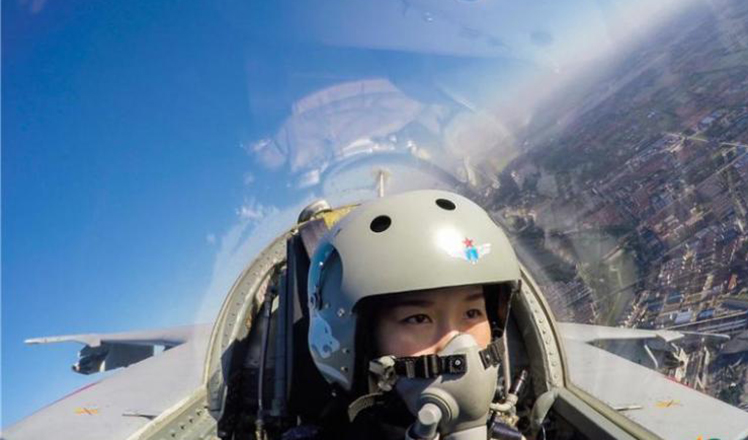
 Chinese female pilots fly fighter-bomber JH-7
Chinese female pilots fly fighter-bomber JH-7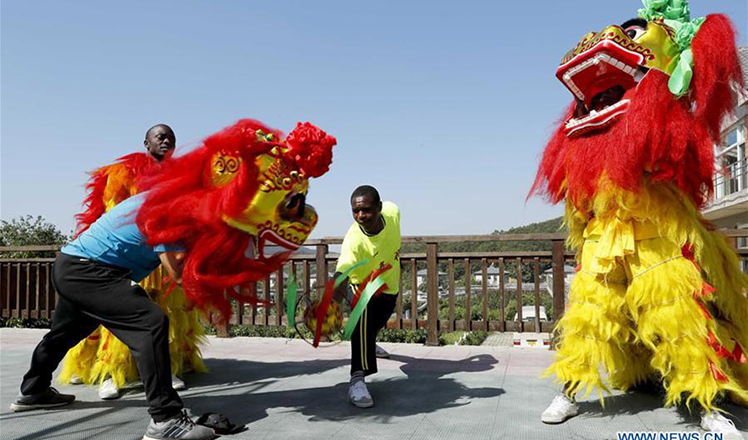
 African trainees learn lion dance in NE China's Dalian
African trainees learn lion dance in NE China's Dalian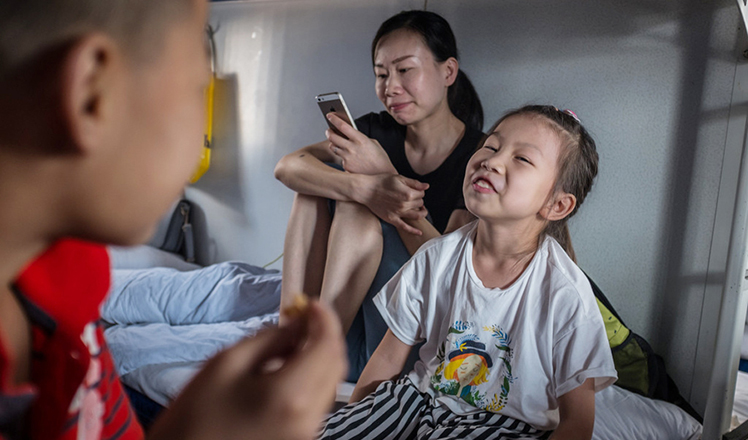
 Left-behind children back to hometown after spending summer with family
Left-behind children back to hometown after spending summer with family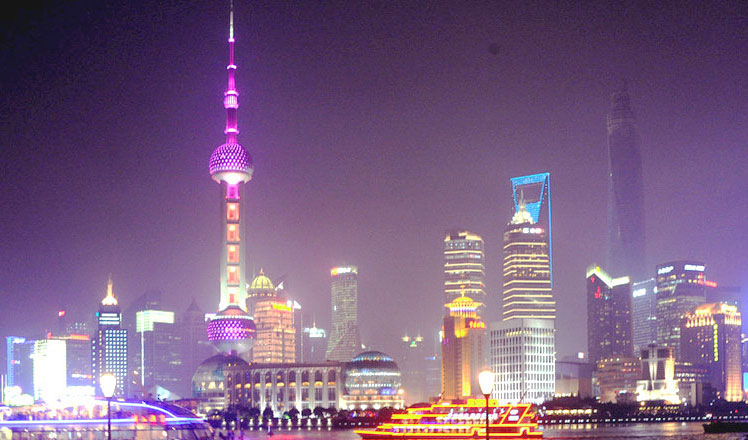
 Top 10 wealthiest countries in the world
Top 10 wealthiest countries in the world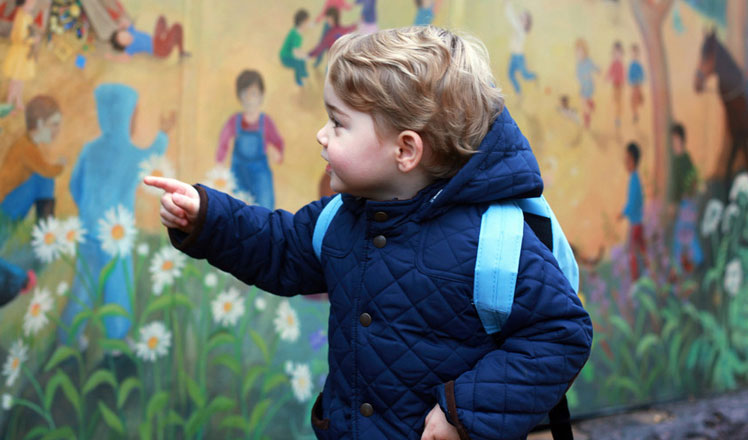
 Princlings go to school
Princlings go to school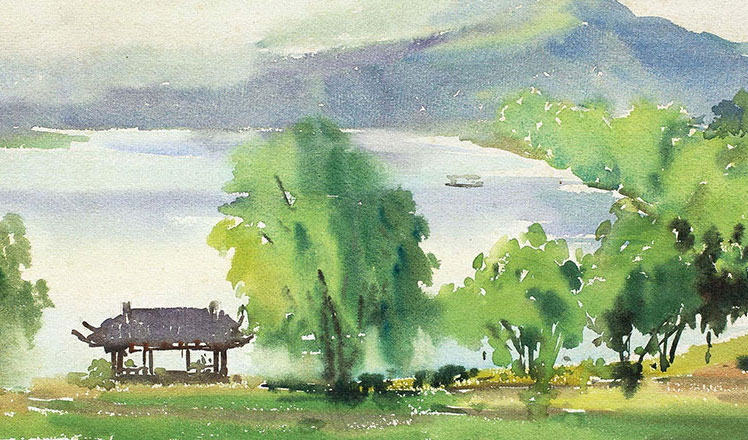
 Chinese painters capture beauty of Hangzhou
Chinese painters capture beauty of Hangzhou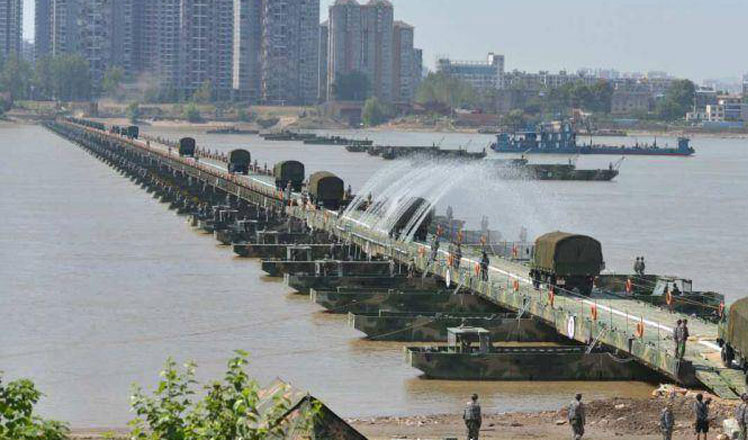
 1,150-meter-long 'floating bridge' created
1,150-meter-long 'floating bridge' created
Most Viewed
Editor's Picks

|

|

|

|

|

|
Today's Top News
Trump outlines anti-terror plan, proposing extreme vetting for immigrants
Phelps puts spotlight on cupping
US launches airstrikes against IS targets in Libya's Sirte
Ministry slams US-Korean THAAD deployment
Two police officers shot at protest in Dallas
Abe's blame game reveals his policies failing to get results
Ending wildlife trafficking must be policy priority in Asia
Effects of supply-side reform take time to be seen
US Weekly

|

|
